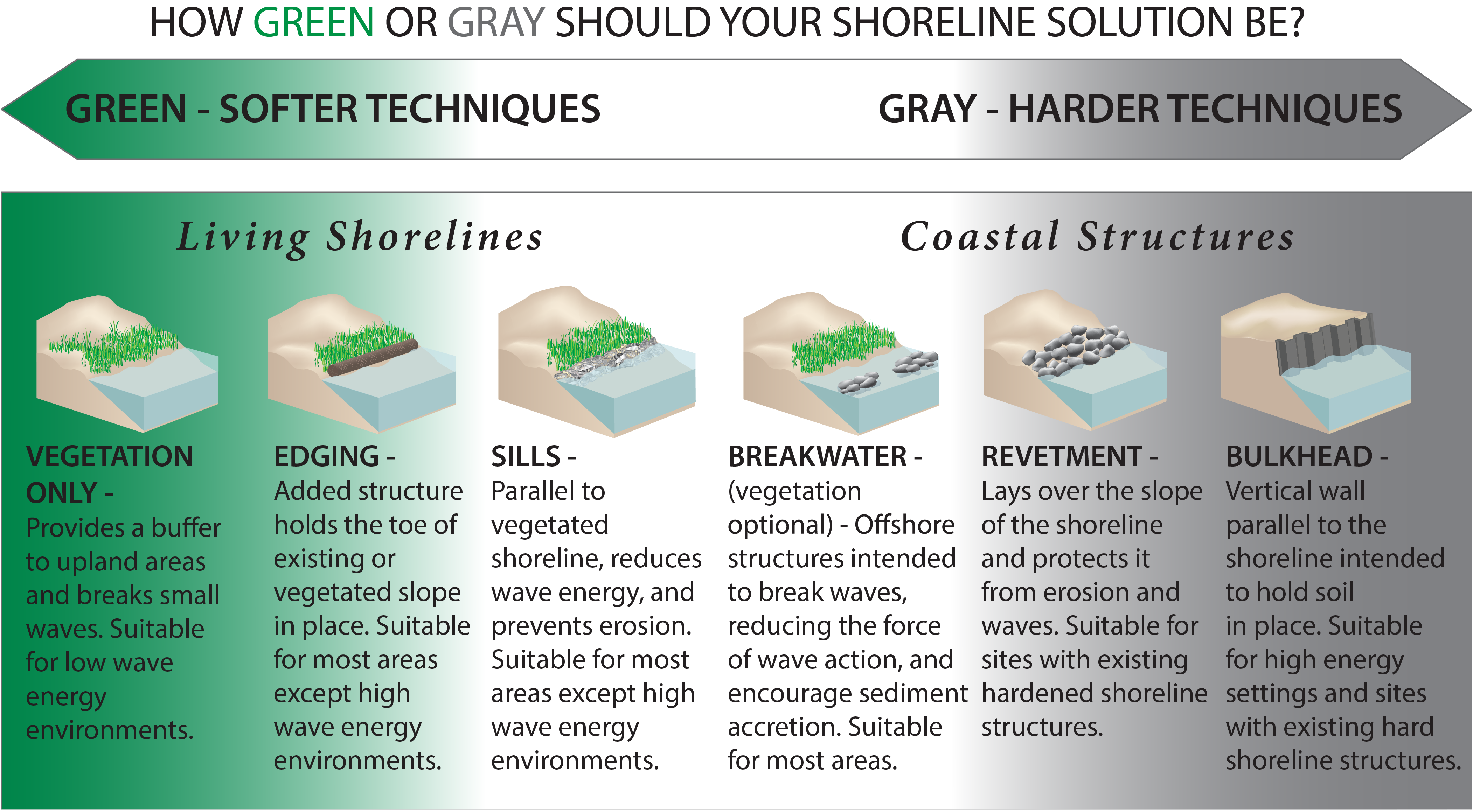ST. PETERSBURG, FL (Patch.com) – The Tampa Bay area’s first major summit dedicated to resiliency will bring together state, national and international experts to discuss best practices and innovative ideas for preparing for sea level rise and extreme weather events.
Norfolk, Virginia is designing a new kind of coastal community to withstand changing threats. Houston has established Neighborhood Restoration Centers to bring one-stop disaster relief to flooding victims. And Florida’s new Chief Resilience Officer, Julia Nesheiwat, believes in addressing building regulations for flood-prone areas.
Speakers involved in these initiatives, as well as leaders taking part in a wide range of other resiliency endeavors, will convene for “Champions of Change: Creating Resilient Communities” from 8:30 a.m. to 7 p.m. on Tuesday, Jan. 7 and 8:30 a.m. to 5 p.m. on Wednesday, Jan. 8. The summit will take place at the Hilton St. Petersburg Carillon Park.
The leadership summit, organized by the Tampa Bay Regional Planning Council, will inform and engage decisionmakers involved in government, business, transportation, infrastructure, tourism, education and the environment.
The Tampa Bay Resiliency Coalition, formed in October 2018, includes 28 local governments and more than 80 partners that are working together to increase community resilience. The collaborative group was spearheaded by the Tampa Bay Regional Planning Council, and this summit exemplifies the type of information-sharing that is at the core of the Coalition’s mission.
The Champions of Change summit will also feature a discussion with Clearwater Mayor George Cretekos, St. Petersburg Mayor Rick Kriseman and Tampa Mayor Jane Castor.
“We are thrilled to have the mayors of Tampa Bay’s three biggest cities on the stage together addressing resiliency. This is a huge step,” said Sean Sullivan, Executive Director of the Tampa Bay Regional Planning Council. “That session is one of many examples of how this summit will provide important takeaways about what’s happening in other cities and what could work in the Tampa Bay area.”
Among the speakers and panelists:
- Gladys Cook, of the Florida Housing Coalition, will discuss rebuilding resilient communities and affordable housing.
- Stephen Costello, City of Houston Chief Recovery Officer, will join Cook in the Resilient Communities session, discussing lessons learned after Houston’s severe flooding issues.
- Claire Bonham-Carter, Principal and Director of Sustainable Development at AECOM, a multinational infrastructure and engineering firm, will share why strategic regional collaboration is key to significant change.
- Doug Beaver, Norfolk Chief Resilience Officer and Tuesday’s keynote speaker, is implementing a resiliency plan with far-reaching social and economic impacts in that Virginia city.
- Julia Nesheiwat, Florida Chief Resilience Officer, started in August and has made it clear she’s ready to get things done in addressing resiliency issues.
Another highlight will be a session titled “Financing Resilient Cities & Counties,” which will address the cost of building for the future as well as the cost of not preparing for it. This summit is about ideas, but also has a focus on sharing ways to turn policy into reality.
Go to https://tbrpc.org/summit/ for a full schedule and to register. Fees range from $50 to $350 per registrant, based on the categories of student, government staff, elected official, non-profit agency, university or private sector. Rates go up after Dec. 6.
About the Tampa Bay Regional Planning Council
The Tampa Bay Regional Planning Council works with 27 west-central Florida municipalities to assist the municipalities as they make long-range plans related to the future of the Tampa Bay region. The Council’s work focuses on resiliency, planning for climate change and sea level rise, environmental management, water quality, emergency preparedness planning, protection and restoration of the Tampa Bay estuary, economic analysis, coastal zone management, housing and infrastructure analysis, hurricane evacuation and recovery planning, development of regional impact review, local government comprehensive plan reviews, cross acceptance, dispute resolution and reviews of transportation plans. For more information, visit the Planning Council’s website at tbrpc.org.




